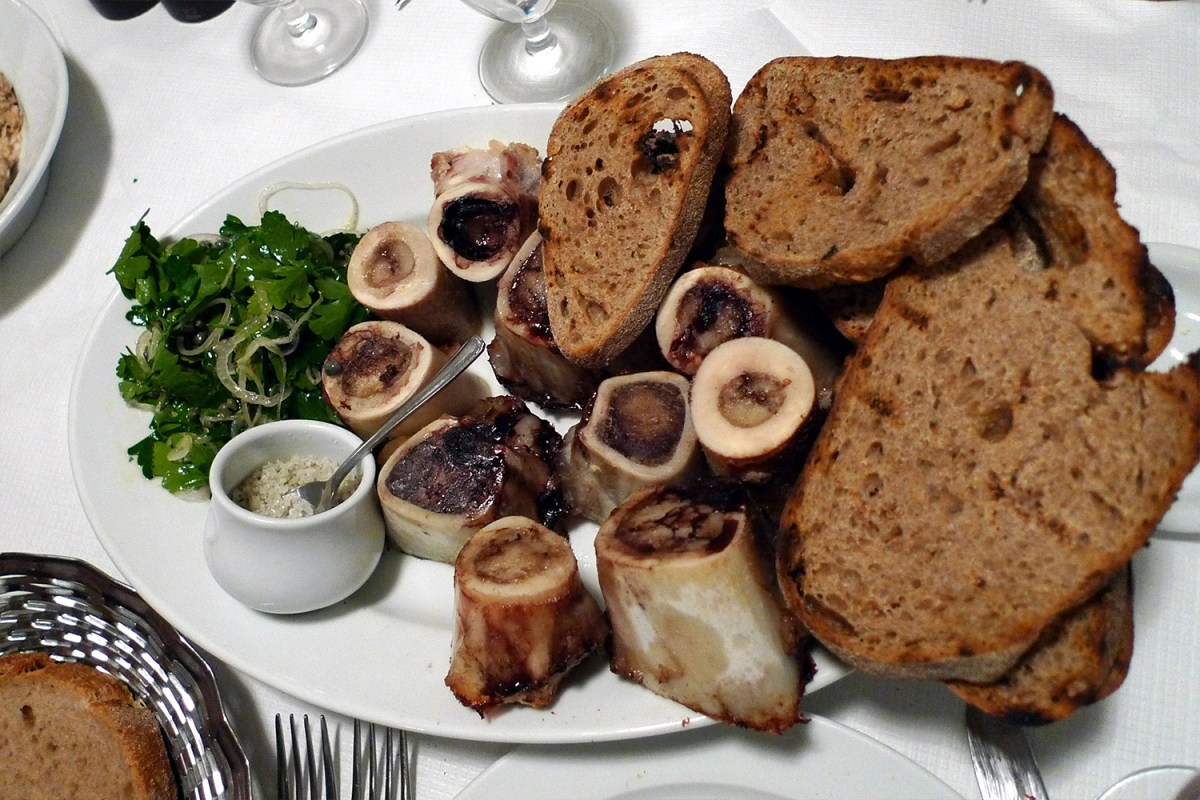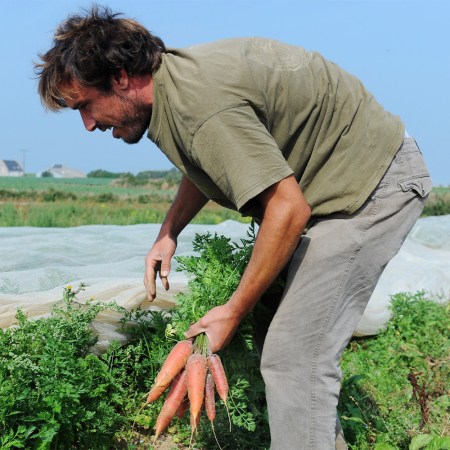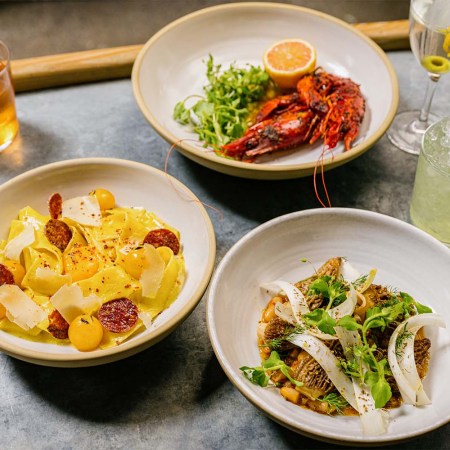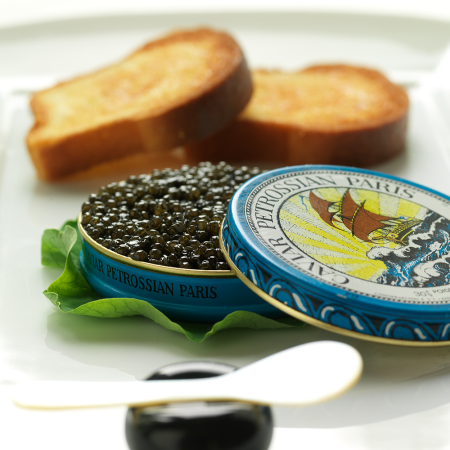One of the biggest food scandals to hit Britain since the new millennium occurred at Jamie Oliver’s restaurant Fifteen. It was 2005. After adding Heinz’s baked beans on toast to his menu for $10, Oliver later ill-advisedly suggested that the dish had “no place in a restaurant with integrity.”
The response was swift and punishing. Our daily papers announced his martyrdom in big bold print, pipping other (lesser) subjects like the country’s economy, or the dissolution of Parliament, or the war in Iraq. Britons of all classes and ages were in unison: nobody puts toast in the corner.
Perhaps that sounds excessive, but toast (or rather toppings-on-toast) is the national dish of Britain. It isn’t immediately obvious; not because Britain has so many famous, sought-after dishes to pick from, but because toast sort of transcends what a ‘dish’ is for us. It’s more of a genre. When we say toast (or should it be Toast?), we’re speaking about a very specific, non-specific meal: a slice of bread, English loaf from old brands like Hovis or Warburtons, topped by an endless variety of fruity jellies, meats and cheeses that change depending on your region and tastes, and eaten for breakfast, lunch or dinner. Sometimes all three. It’s always there for you; quick to make and comforting in its nostalgic, starchy simplicity. As of writing, at least 50 hungry Britons are reaching for their breadbox this very moment.
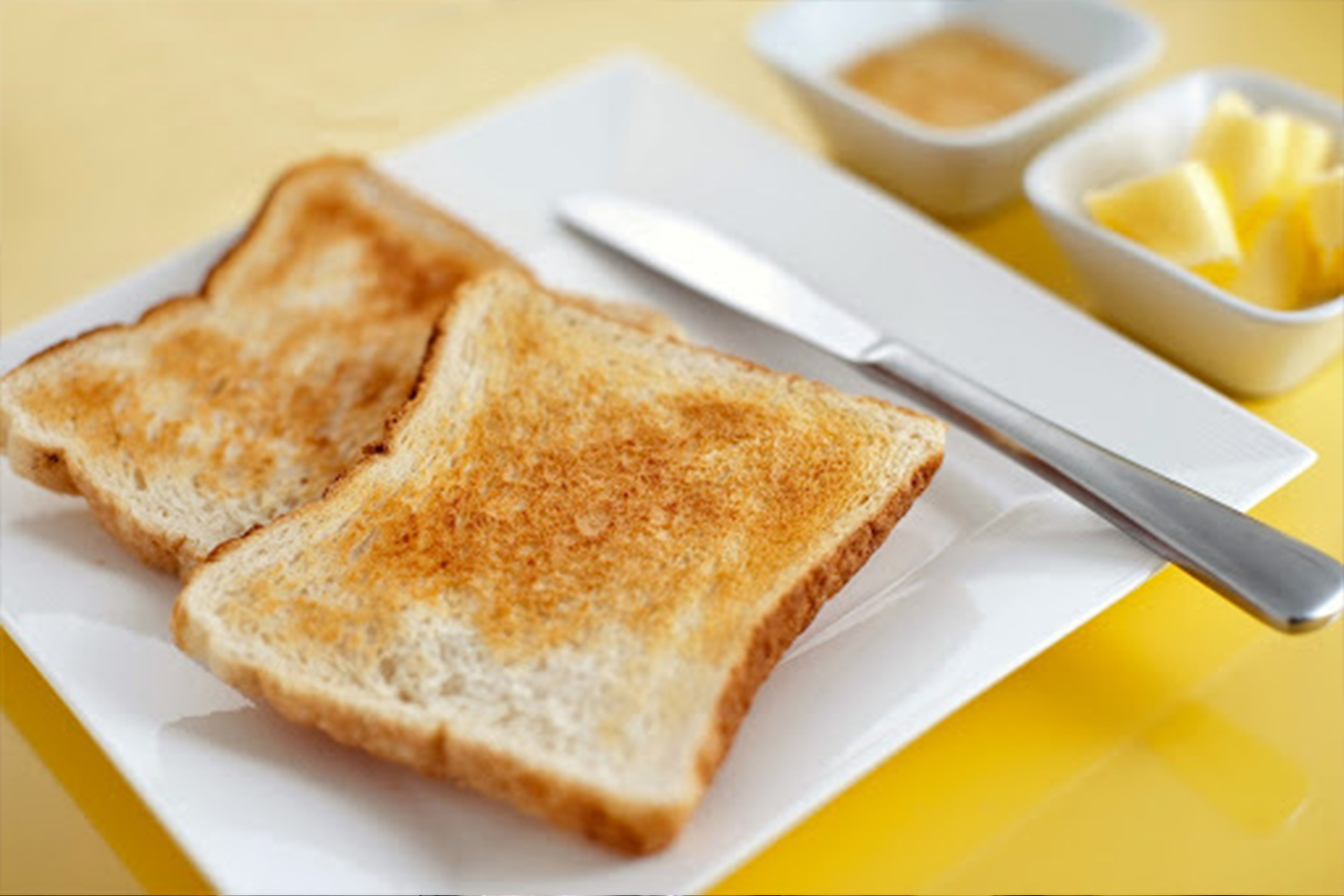
To understand our appetite for Toast, you must first understand our appetite for “food.” The poor reputation is understandable; we don’t do magical things with zucchini, foraged lingonberries or duck glands like our European brethren. Our villages are not named after a claret wine-pairing, and even after centuries of doing awful things abroad, we very rarely decided to learn a thing or two from other cultures. We are the inverted snobs of cuisine. Food is sustenance above all else: fuel for the working day, the industrial revolution, in the coal mines, in the manor houses or during the wars. Even the sandwich, perhaps Britain’s most global culinary gift, was invented by Lord Sandwich so he had a free hand to do other, more urgent things (like playing a game of whist).
During World War II, Heinz marketed the meal as “breakfast, dinner, or both,” because even the upper classes had to ration like the rest of us. It is British resolve on a plate, and whether you’re from Brideshead or a Birmingham council home, all of us — of all ages, class and ethnicities — are brought up eating it.
Take Theresa May, our voodoo-prodded ex-leader, who let slip her way of coping with stress was to have “beans on toast with Welsh whiskey.” A player at Tottenham Hotspur, the number one soccer team in the Premier League (as of writing) claimed that it was a part of their training diet. We love it so much that in 1978 Streetband’s proto-rap single “Toast” hit 18th on the charts. It features the working-class war cry, “Scrape that toast, boys!” an ode to the communion from which all of Britain feeds. So when Jamie Oliver says Toast lacks “integrity,” we take that all rather personally.
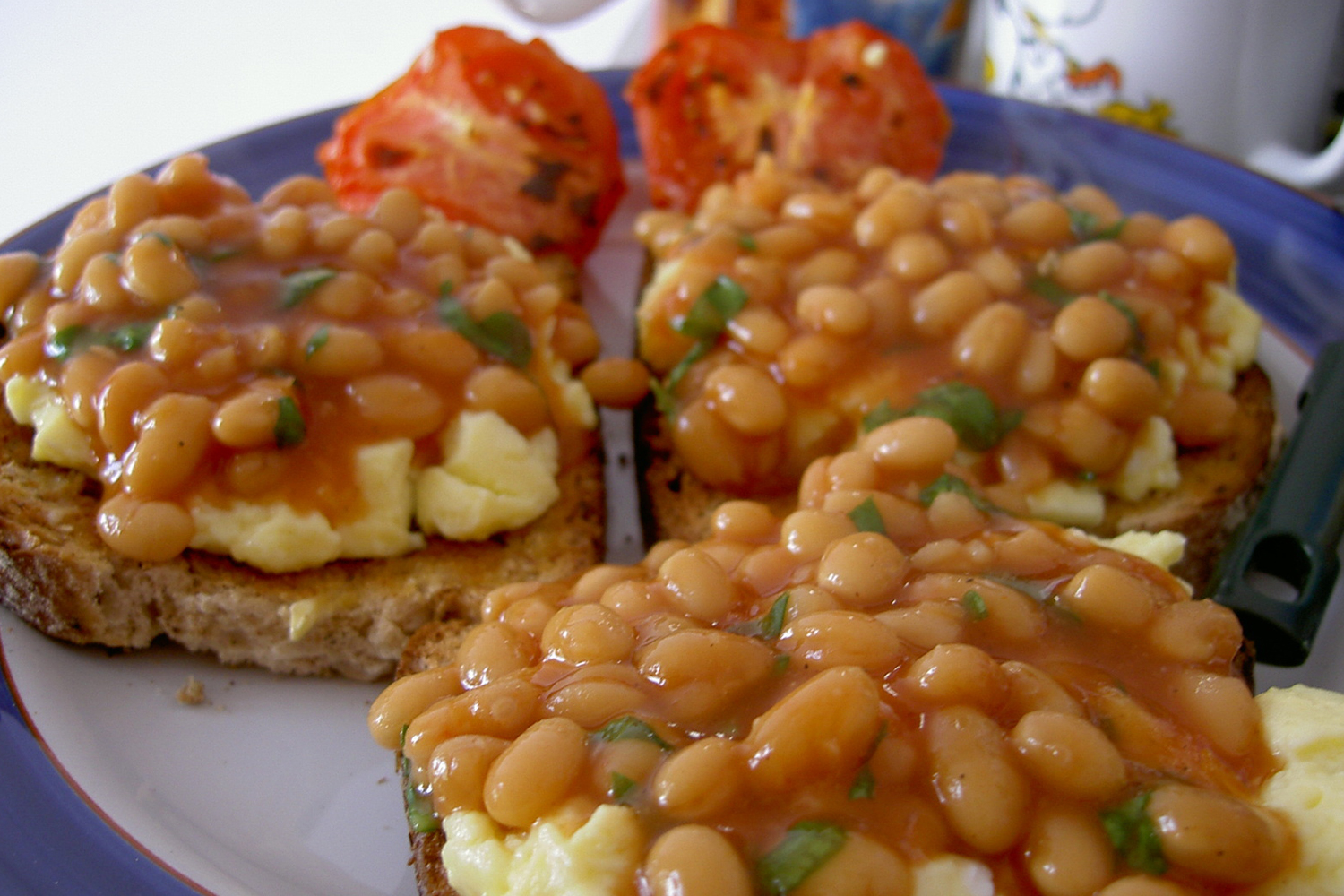
Britain’s cuisine is a patchwork of local ingredients. Thus, to greatly appreciate them all, a rustic Limey tapas is in order. On our dining tables, preservatives, cheeses (we have more varieties than France) and cold cuts advertise the diversity of regional fruits and meats. In the morning, jars of jam — or jelly — as clear as precious stones, from Tiptree in Essex or Wiltshire sit beside chalky Cornish butter and Scotch marmalade. For reasons we daren’t question — in case they’re snatched away from us — all of this is readily available in supermarkets.
There are goods made solely for the purpose of being on toast. Piccalilli is a sour London Cockney spread of pickled vegetables and mustard. Marmite is a mysterious black lather from Staffordshire, created for the purpose of injuring or enlightening taste buds (its name has come to replace “love it or loathe it.”) If you visit parts of Kent, toast is eaten with Benenden dressing. In the next county, half an hour away, no one has heard of such a thing. In Yorkshire, beans are doused in Henderson’s sauce, engaged in a rivalry with their better-marketed southern neighbor, Worcester. In Glasgow, they might add haggis, scallops, and stovies, and in the valley cottages of the Powys in Wales, a spicy local mustard or Welsh Rarebit, their national dish (fact: Louisville’s “Hot Brown” is a variation on this.)
In more recent times, sourdough has become the mark-de-luxe of the trendy London café, topped with chipotle beans, maple-glazed bacon and all other exotic riffs on the classic. The restaurant St. John’s does a world-famous Bone Marrow on Toast, a favorite of city gluttons, many who dine there daily, and your very own Anthony Bourdain. Writers flock to the baroque Wolseley cafe in the West-End, where the late A.A. Gill (who knew a thing or two about food) noshed on Toast before erupting into a series of witty put-downs reviewing the country’s most hallowed Michelin sites. There is a place in Mayfair which does a dish that uses Indian paratha topped with English breakfast items. It is good. But more than good, it is Instagrammable. As Britain’s “foodie” revolution reaches its Bastille moment, the country’s trendiest restaurants cry, “let them eat Toast” and so it lives on in newer forms, narrowly avoiding the chop.
But even if one day the haute-gurgitators decide that Jamie was right, and dishes like this have no integrity, it wouldn’t change a spot. Toast isn’t supposed to be delicate. It’s meant to be gorged quicker than James Bond undressing Sophie Marceau, with your hands slathered by all good, icky, sticky, oily things — comforting things — to get us through trying times. It doesn’t matter if you’re the CEO of the building or the guy hired to fix the plumbing. They’re probably having the same thing for breakfast (albeit with their unique choice of furnishing) and isn’t that some small consolation for our bitterly split country? That, at our worst, we can all agree on Toast?
Toast is the very best of Britain. It is as multi-layered and as democratic as our society wants to be. In times like these, toast relies on us to roll up our sleeves and be inventive with what we’ve got, or what we can afford, at that present moment; unrestrained by the legislature that governs what is acceptable for, say, Italian pizza toppings this month or the next.
Seriously, put pineapple on your toast and see who cares.
Join America's Fastest Growing Spirits Newsletter THE SPILL. Unlock all the reviews, recipes and revelry — and get 15% off award-winning La Tierra de Acre Mezcal.
